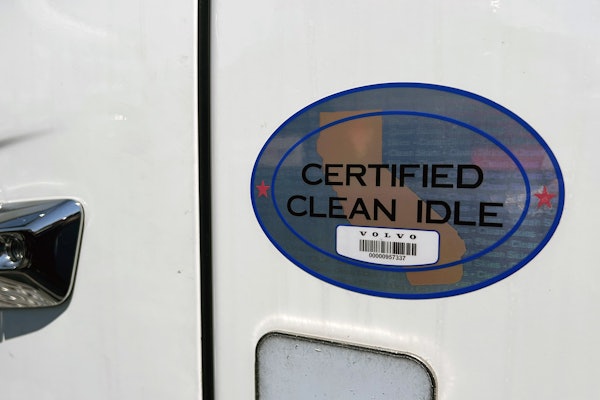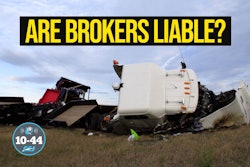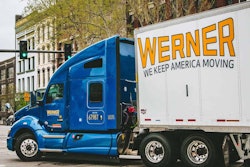Five years ago this month, our nation suffered its greatest single-day loss of civilian life due to an act of aggression. One year ago, the United States endured its most expensive – and among the deadliest – natural disasters ever. No one pretends that the impact on the trucking industry was remotely as devastating as the huge death toll from Sept. 11 and Hurricane Katrina – well over 4,000 between the two tragedies. And yet, fleet owners should reflect on the two events and the lessons they hold for trucking executives.
Expect the unexpected. Easier said than done, right? After all, it’s unreasonable to forge a contingency plan for any possible occurrence. You are too busy to spend all your time pondering the millions of possible obstacles – from a collapsed roof to a full-scale national tragedy like Sept. 11.
But knowing what specific calamity might befall you is less important than understanding how any kind of major business disruption might affect you. For example, suppose that your principal place of business could be hit by a tornado, burned by fire or devastated by an earthquake. Does it really matter which one? Regardless, you stand to lose essential computer equipment, dispatch systems, phones, documents and data.
Any trucking operation should presume that at some point it might need to relocate operations in a matter of hours. That means providing for redundant backups of all information systems offsite and on a regular basis, and arranging in advance for essential computer and phone equipment on an emergency basis.
Expect the expected. Perhaps it doesn’t pay to spend sleepless nights worrying about a sudden sinkhole swallowing your headquarters. But if you are located in the wooded mountains of the arid West, an eventual threat of wildfire is a good bet. And a catastrophic earthquake supposedly is inevitable in some parts of California.
Hurricane Katrina is an excellent example of expecting the expected. There was ample warning that a major hurricane was heading that way. People debate whether the breaking of the New Orleans levees could have been foreseen, but that misses the point. If you are located near the shores of the Gulf of Mexico, it’s reasonable to expect wind damage, storm surges and flooding. You need standing options for moving not only operations but also trucks and trailers inland. That might not stop a hurricane from destroying your facility, but at least it won’t destroy your business.
Bank on unavoidable consequences. That’s a lesson of both Sept. 11 and Hurricane Katrina. Fleet owners could not escape escalating premiums for umbrella insurance caused by one and skyrocketing fuel prices caused by the other. Both exacted heavy financial tolls on fleet operators and sent many into insolvency.
In the end, your financial situation can be your greatest ally or your biggest enemy. Operations with substantial cash reserves can weather the worst man or Mother Nature can muster. Those leveraged to the hilt might not survive even the mildest crisis. Business plans that depend on everything working smoothly are dangerous.
Be part of the solution. The aftermath of Sept. 11 and Hurricane Katrina showed that trucking operations aren’t just victims. They can play key roles in the recovery from some catastrophes and in the thwarting of others. In the years since Sept. 11, for example, the trucking industry has built Highway Watch into a major security awareness program closely aligned with the Department of Homeland Security. Last year, trucking companies and private fleets donated equipment and transportation services to haul food, water and other emergency donations to the Gulf Coast, while utilities sent their truck fleets to help restore power and other essential services.
True, being part of the solution may yield no tangible financial benefits. But it’s the right thing to do, and that may be the greatest lesson of all.







